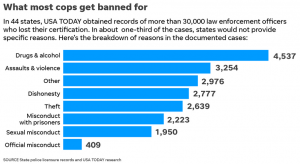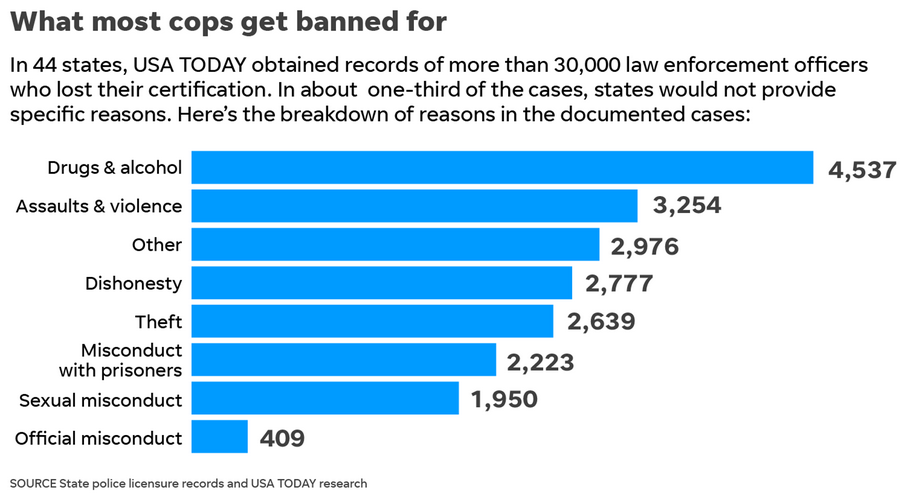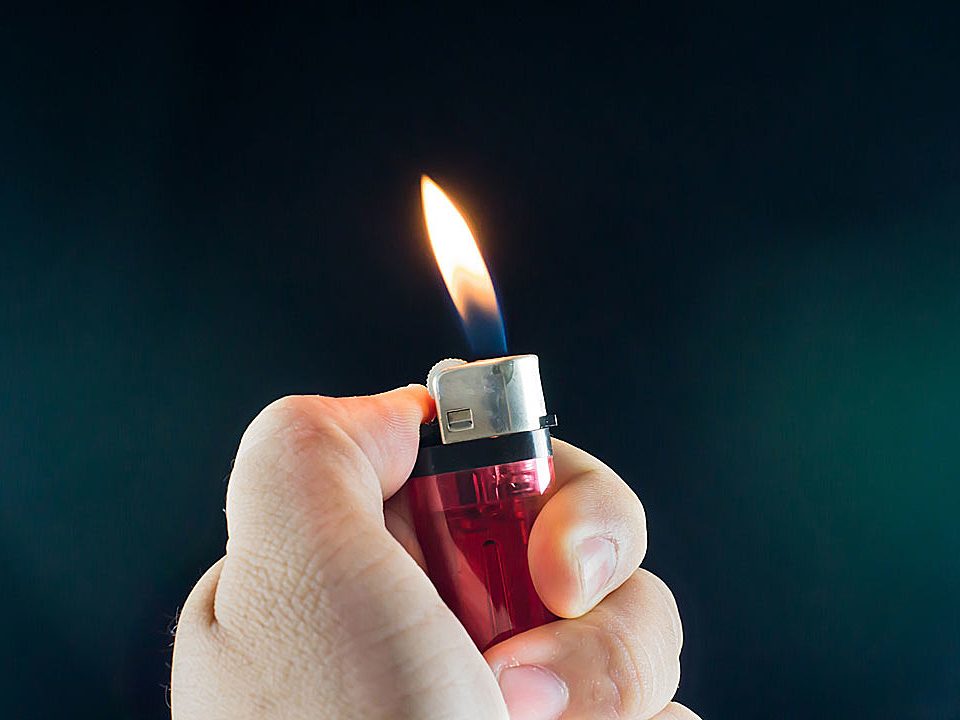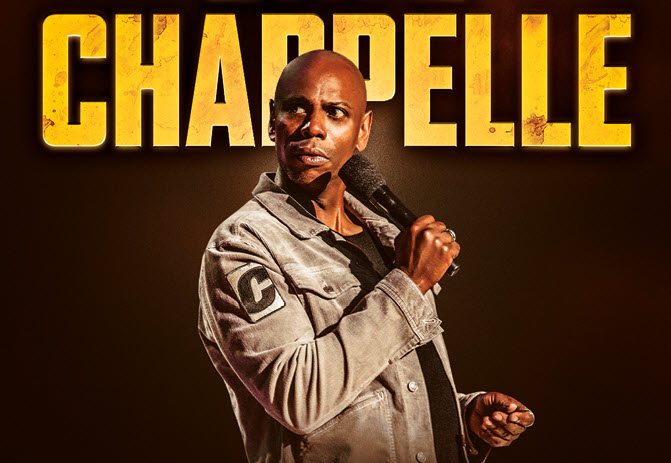Good Cops and Bad Cops
Good Cops and Bad Cops
 About five years ago, while I was driving to my office, I came upon some construction on Interstate 74. There were several vehicles that were stopped in front of me. They were backed up for several blocks. When I began slowing down, I saw that the exit ramp to get into downtown Peoria was about a block away and that the shoulder on the right side of the roadway was clear.
About five years ago, while I was driving to my office, I came upon some construction on Interstate 74. There were several vehicles that were stopped in front of me. They were backed up for several blocks. When I began slowing down, I saw that the exit ramp to get into downtown Peoria was about a block away and that the shoulder on the right side of the roadway was clear.
I maneuvered my car onto the shoulder and drove around the vehicles that were in front of me. When I got to the ramp, I looked in my rearview mirror and saw flashing lights. I pulled over and stopped my car. I looked into my rearview mirror again and saw that two state trooper cars had stopped behind my car. I had not seen them when I pulled onto the shoulder of the road to pass the vehicles in front of me.
One of the state troopers bolted out of his vehicle and ran up to my driver’s side window. The other trooper ran around to the passenger side of my car. By the time I rolled down my driver’s side window, the trooper was yelling at me. He shouted, “What do you think you’re doing? You could have caused an accident. What’s wrong with you?” His face was red, and he had his right hand on his holster.
I turned and looked out the passenger side window and the other state trooper was standing there glaring at me with his hand on his holster. I turned back around to the first trooper. Because I had not answered his question, he started yelling again. I was stunned by his behavior.
It was as though he saw something that had not occurred. None of the people in the vehicles that I passed were in danger. None of the people were outside their vehicles. As I drove by their vehicles, there was at least a foot and a half of space between the left side of my vehicle and the right side of their vehicles.
I didn’t say a word to the trooper. I was concerned that if I responded to what he was saying, he would take it wrong and would then believe that he had a valid reason to become even more aggressive.
After he stopped yelling at me, he ordered me to give him my driver’s license and insurance card. The trooper who was standing at the passenger side of the vehicle continued to glare at me while he waited for me to make a wrong move. I reached for my wallet, pulled out my driver’s license and insurance card, and handed them to the trooper. He ordered me to wait and then walked back to his car.
The trooper who was standing at the passenger side window then walked back to his car. After about 15 minutes, the state trooper who had yelled at me returned to my driver’s side window and handed me my license, insurance card, and a traffic citation. He had calmed down by then, but that didn’t stop him from giving me a lecture about endangering the lives of others.
Before he walked away from my car, he threatened me: “If I ever see you drive that way again, you’re not going to get off so easily.” I didn’t say a word to him. I waited until he walked back to his car before I put my license and insurance card back into my wallet.
When I returned to my office, I went on the internet and spent 20 minutes researching dash cams. A “dash cam” is a small video camera that you can mount on the inside of your windshield or on top of your dashboard. The camera is ordinarily positioned so it can record what is going on in front of your vehicle. It can also be turned to record anything that is going on inside, or to the side of your vehicle. I didn’t buy a dash cam that day, but I did save it on my Amazon.com wishlist, so I could purchase it in the future.
I never did buy the dash cam, but the recent chaos and violence that has been going on in the streets of America has caused me to reconsider.
The experience that I had with the state trooper was the only time I’ve ever been pulled over and treated badly by a police officer. I have, on occasion, been told that I needed to slow down, but I’ve never had any other officer yell at me or act as though I was a threat to him or anyone else.
The state trooper who accosted me was acting as though I was a criminal who was on the run. He was one of those bad cops that we periodically hear about.
There are more than 800,000 police officers in the United States. For the sake of discussion, I’m going to round the number down to 800,000 police officers.
In my opinion, at least 66,400 of the 800,000 police officers in the United States are bad cops. That’s 8.3 percent of the total number of police officers. I have nothing to support my conclusion that 8.3 percent of our police officers are bad cops, other than one statistic that most people would consider to be completely irrelevant to what I’m discussing here. I’ll tell you where the 8.3 percent came from in a moment.
When I say that 8.3 percent of our police officers are bad cops, I don’t mean that they’re the type of individuals who would intentionally kill or injure citizens. What I mean by “bad cop” is that they have no business being police officers. They simply do not have the character, integrity, patience, temperament, or good judgment that is needed to deal with serious conflicts or life-or-death situations.
If you ask any of the recent demonstrators, reporters, city and state officials, or any of our politicians what percentage of the 800,000 police officers are bad cops, what do you think they would say? I doubt that any of them, or any of the people who are demanding that our police departments be defunded or eliminated, would be willing to give you a percentage or number of bad cops in America. They wouldn’t want to because they would not be able to justify their number. To my knowledge, there are no reliable statistics that provide the percentage or the number of bad cops.
Let’s assume for the sake of discussion that my number of 66,400 bad cops is correct. Do we want to defund or eliminate our police departments because 8.3 percent of our police officers are bad cops? Will our society be safer if we defund or eliminate our police departments? The obvious answer is no. Cutting back our police protection would result in a massive increase in crime and would accelerate the number of people who buy their own guns and take the law into their own hands.
Most people in the media and many of the people in positions of power do not want to discuss the reality of what would happen if we defunded or eliminated our police departments. Their goal is to incite fear, envy, and anger among as many of our citizens as possible, so they will respond by creating chaos, uncertainty, and destruction.
Why would people in positions of power do this? Because then they would have a reason to exercise more power over all of us. It is their ultimate goal to control all of us like a shepherd controls his sheep. They want to put a fence around us, severely limit our freedom, and force us to comply with their rules and orders.
Where did my 8.3 percent come from? It came from one of our Lord’s experiences. The Son of God chose 12 apostles to learn from Him, so they could become the leaders of the church that he was going to establish. Of the 12 apostles that He chose, there was one bad one — Judas. He was the “bad cop” who betrayed our Lord and turned Him over to the people who wanted to kill our Lord and force His followers to comply with their rules and their orders.
The one bad cop that our Lord chose was 8.3% of the 12 apostles (1 ÷ 12 ꞊ .083).
If the defunding or eliminating of our police departments is not the answer, then what is the answer? I’ll scratch the surface of the correct answer to that question next week.




